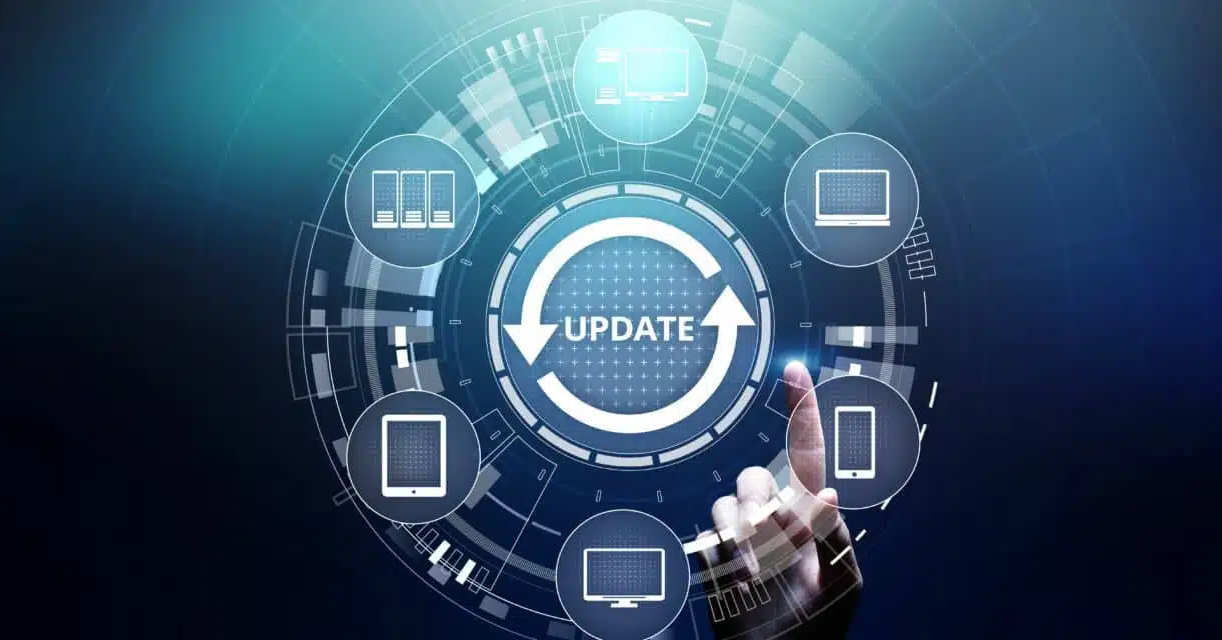Regularly updating your operating system is a crucial practice for maintaining the health and security of your computer. Operating system updates play a vital role in enhancing the overall performance of your device. Developers constantly work to identify and fix vulnerabilities, bugs, and glitches in the system, providing updates that address these issues. By keeping your operating system up to date, you ensure that your computer runs smoothly, with improved stability and optimized functionality.
Security is another reason to stay diligent with operating system updates. Cyber threats are ever evolving, and often by the time developers release security patches to protect your system against the latest malware, viruses, and other cyberattacks those vulnerabilities are already being exploited by attackers. Neglecting updates leaves your computer vulnerable, putting your sensitive data, personal information, and privacy at risk. Timely installation of security updates is a proactive measure that fortifies your system's defenses, creating a robust barrier against potential cyber threats.
Furthermore, operating system updates often bring new features and improvements, offering users a more streamlined and efficient computing experience. Whether it's enhanced user interface elements, new functionality, or compatibility improvements with third-party software, these updates contribute to the overall evolution and advancement of your operating system. Embracing the latest updates not only ensures that you are benefiting from the most recent technological advancements but also allows you to take advantage of new tools and features that can enhance your productivity and user experience. In summary, running operating system updates is not just a maintenance task; it is a proactive strategy to ensure the performance, security, and functionality of your computer.
Please note that there is a difference between an update of the SAME operating system (14.0 to 14.1) versus the release of a whole NEW operating system – from Windows 10 to Windows 11 or Big Sur to Monterey. When a new operating system is released, Hybridge likely will advise you to wait to upgrade. The reason for this is that new major releases more often than not come with unexpected glitches or bugs. We prefer other users find these issues and for our clients to upgrade when the new software has been properly debugged and is stable. This is usually a few months after the original release date of a NEW operating system.
Installing the latest release of your current OS will likely necessitate rebooting your computer. For this reason alone, many users opt to ignore the request to install the new update and continue working. However, it is important that you make the time for the installation and rebooting of your system for the reasons listed above. You don’t want to expose your computer, your data, and your organization to known threats simply because you did not want to reboot.
If you want to ensure you are running the latest version of your OS on your computer, call us and we can help ensure you are protected. Support at Hybridge.com
Share this blog:









